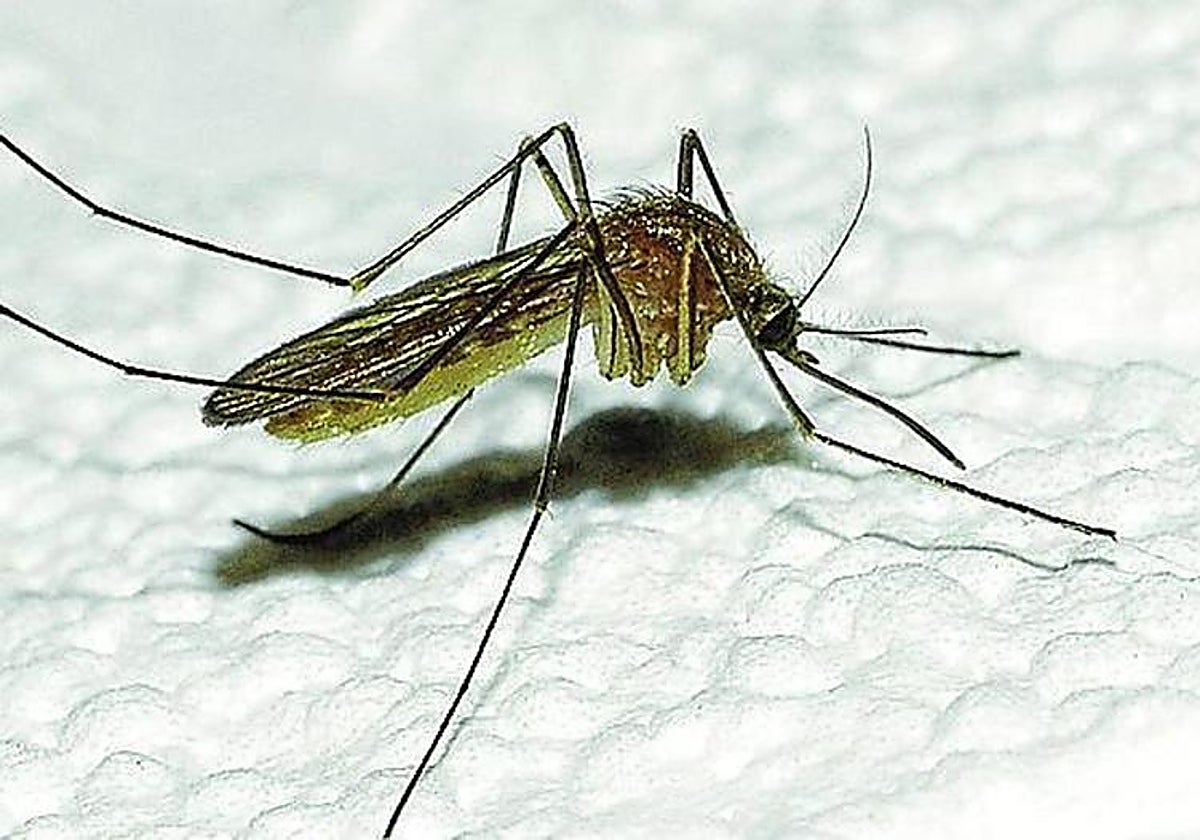First messenger RNA vaccine against malaria developed in wake of Covid-19 crisis
In 2021, there were more than 247 million people infected with malaria, and 619,000 deaths wordlwide
Fermín Apezteguia
Madrid
Friday, 28 July 2023, 20:06
The end of the malaria pandemic could be closer after the discovery of a potential vaccine.
The success of the messenger RNA vaccines against Covid-19, with an efficacy of more than 90%, led the industry into a race to develop more vaccines using the same technology, and the best results have come against malaria.
What does the announced project consist of? A consortium made up of major bio-health institutions in New Zealand and Australia, called Te Herenga Waka, has successfully tested a prototype that is described as a "powerful vaccine".
It has yet to be tested in humans, but the results obtained both in the laboratory and in animals give cause for hope. The Ferrier and Malaghan Institutes of Medical Research (New Zealand) and the Peter Doherty Institute for Infection and Immunity (Australia) are working on the initiative.
Conventional vaccines consist of injecting an inactivated disease-causing microbe. This is how, for example, immunisation against seasonal influenza works. Vaccines used in the pandemic (although research on them had been going on for a long time before) act in a completely different way. They use an RNA created in the laboratory to teach the cells to produce a protein capable of triggering the desired immune response.
Enormous challenge
So far, all the vaccines that have been tested have failed, but they used the conventional methodology.
The one designed in New Zealand and Australia (belonging to this second type of vaccine) uses a malaria protein, which makes it a "very potent" weapon, according to researcher Gavin Painter of the New Zealand Ferrier Institute.
The vaccine generates resident memory cells in the liver, the parasite's target organ, and also carries an "additional ingredient" that helps prevent the bug from developing and maturing in the body. It contains an adjuvant developed by the Malaghan and Ferrier cancer institutes, which stimulates the liver's immune cells.
Data released by WHO on malaria worldwide give an idea of the current challenge posed by this disease, which mainly affects sub-Saharan Africa and also certain tropical and subtropical areas of South America, Southeast Asia and the Western Pacific. In 2021, there were more than 247 million people infected and 619,000 deaths.
Why this vaccine is of interest in the West
Malaria is not a disease specific to Europe, but neither was Covid-19. For decades, experts in microbiology, infectious diseases, vaccines and epidemics had been warning of the latent risk that any infection occurring anywhere in the world could spread throughout the world. It has happened and can still happen. Ebola put Europe and America in check a few years ago and the virus ended up reaching Madrid.
